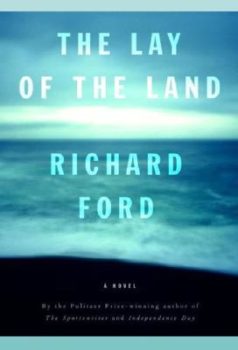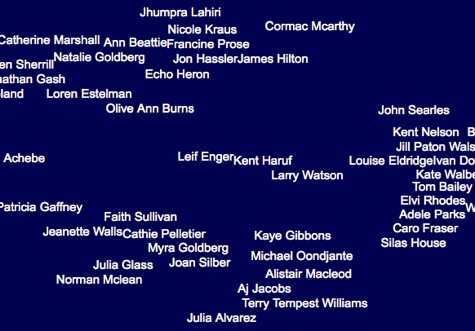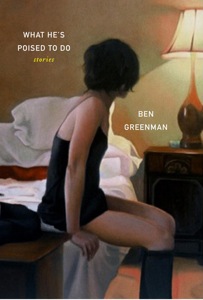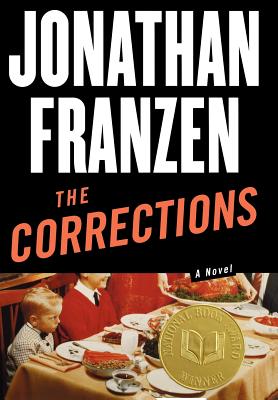Bringing the News: An Interview with Richard Ford
by Travis Holland
In this lively conversation, Travis Holland and author Richard Ford discuss the genesis of Ford’s most famous fictional character, Frank Bascombe, the importance of always remembering the reader, greeting cards, what could well be one of the greatest short stories of the 20th century, and why place in fiction means nothing.




























